The following post was prompted by ThePointMag.com article linked below.
A symposium sponsored by n+1 ask the question "What is privacy for?" They then brought a group of panelists together to further respond to the question, as well as to respond to Jeremy Rifkin's contention that "...
privacy is a capitalist value which we ought
to discard as the human race enters a new
'era of transparency'...”
The article is actually a condensed recitation of the remarks made by Ben Wizner, who is a lawyer.
Mr. Wizner's remarks are an articulate defense of privacy from the perspective of the idea that a just society cannot allow itself to fall into the trap of absolute application of laws; for which knowing what everybody is doing all of the time would be a prerequisite.
As such, in his view, cutting people some slack on breaking the rules is fundamentally necessary as there would be no social change otherwise, let alone any kind of creative, or loving, atmosphere for people to thrive on.
It's a persuasive argument. One that goes quite beyond the practical considerations of how absurd it would be from a simple standpoint of the resources it would consume to make such an authoritarian social order.
What really got me going, however, was Mr. Rifkin's remark about privacy and Capitalism.
There is little context for just how this notion was expressed, but on the face of it you really have to wonder. Why was no distinction made between citizen privacy, governmental privacy, and the privacy of owners of capital?
Certainly for Capitalists privacy is essential. Why else would we have patents (to secure the property aspect of a private process, and thus ensure its protected distribution), or commodities at all as property?
And lets not also forget that limited distribution is the essential aspect of the economics of scarcity. Without it there would be little, to no value at all for whatever thing or process you might wish to consider.
The problem with privacy and Capitalism comes in when you start talking about information and how that information is now both a commodity itself, as well as an essential aspect of how a society can proceed down the road of successful, as well as rewarding, existence.
It may be stating the obvious, but it still bears repeating: decisions cannot be made without the free flow of information. What we do when; the prioritization of competing critical necessities and, in fact, the very definitions of what critical is, or what rewarding is, or what success is.
As may also be obvious, if is from those decisions from which the distribution of responsibilities and benefits are determined.
So simple to summarize, but so contentious in practice when you have an operating model that allows for a few to accumulate huge concentrations of information (which is of course synonymous with money).
Citizen information in this context becomes a commodity that the commercial world deems their right to collect and utilize. And the government, ever more subservient to commercial concerns, sees it as their right to have as well in order to keep the kind of social cohesion in place that perpetuates the economics of scarcity.
I don't know what Rifkin was trying to express about privacy but I sure wish he was either quoted more accurately, or that he stated it a good deal more clearly.
Update:
The article linked below on medium.com by Danah Boyd provides a very interesting, contextual contrast, to the Ben Wizner above.
Here Ms. Boyd makes the quite relevant case for being concerned about who protects the privacy of the marginalized; especially, as in this case, when its young people, and more specifically students.
In that context her fears are that the law enforcement driven desire for more surveillance will reign supreme, furthering the predetermined supposition that the marginalized are not to be trusted. Another angle altogether on the creep of the absolutist authoritarian form of social order maintenance.
Its a good ready and do recommend giving it a look.
 Which Students Get to Have Privacy?
Which Students Get to Have Privacy?



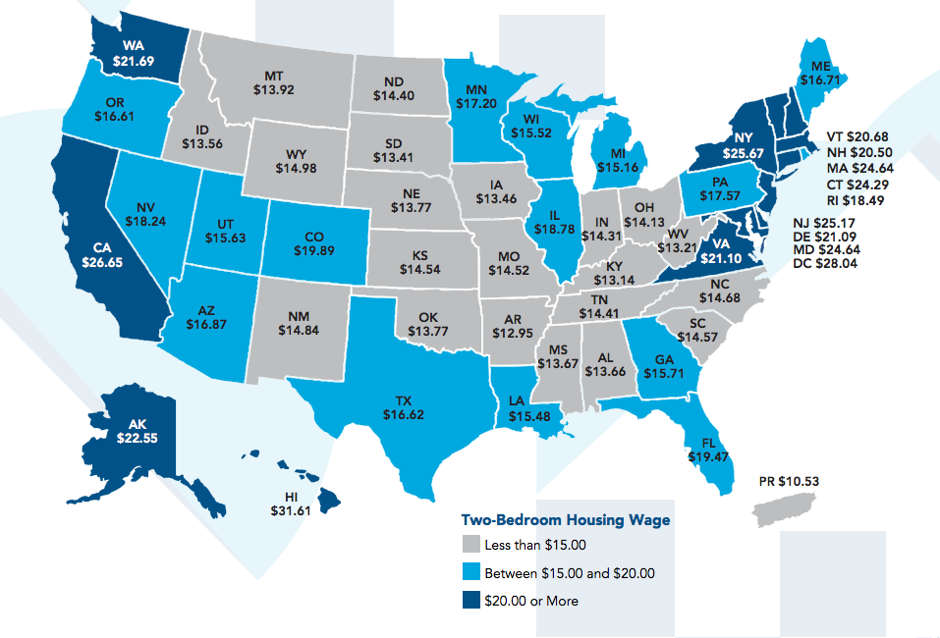
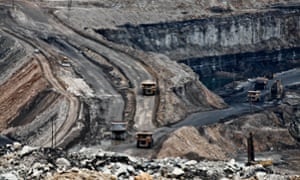

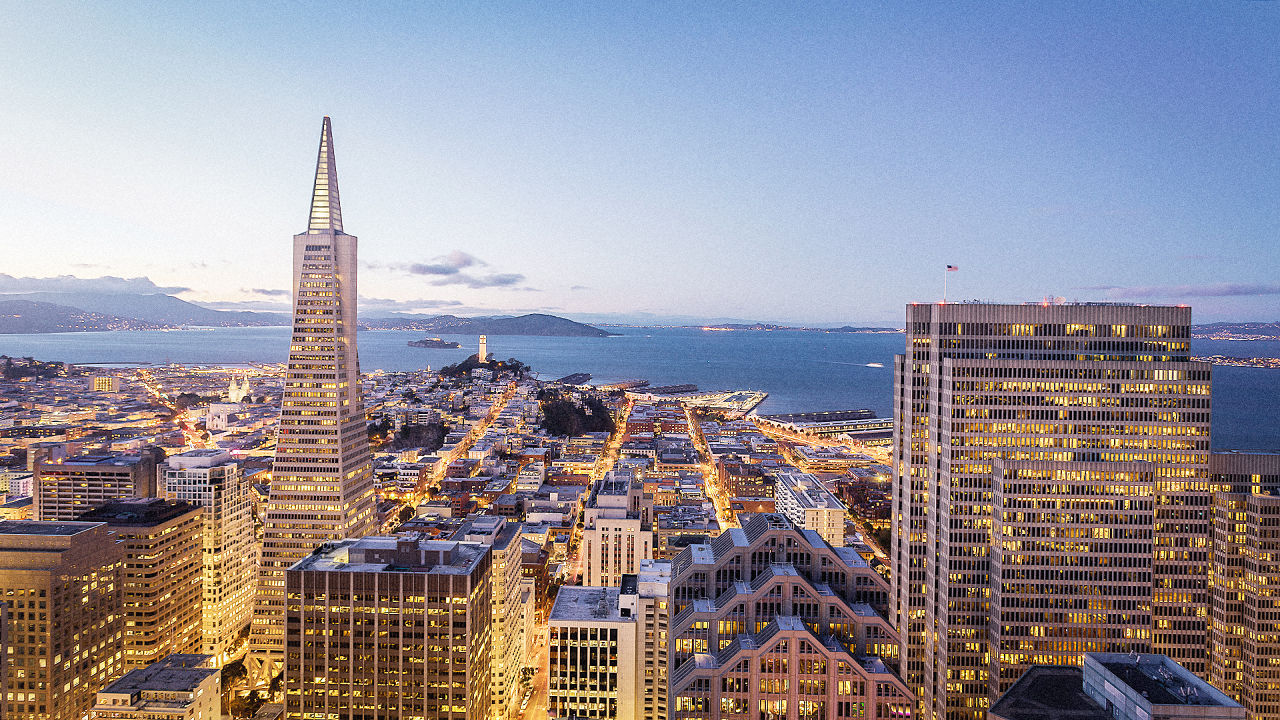








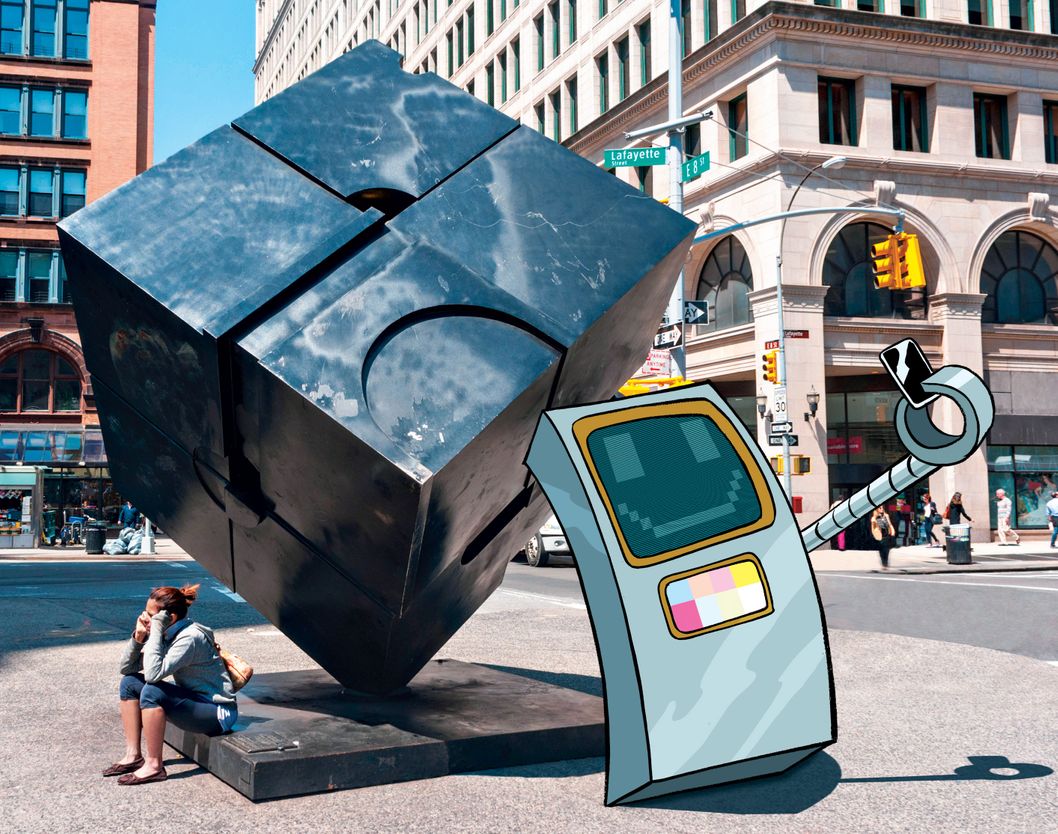
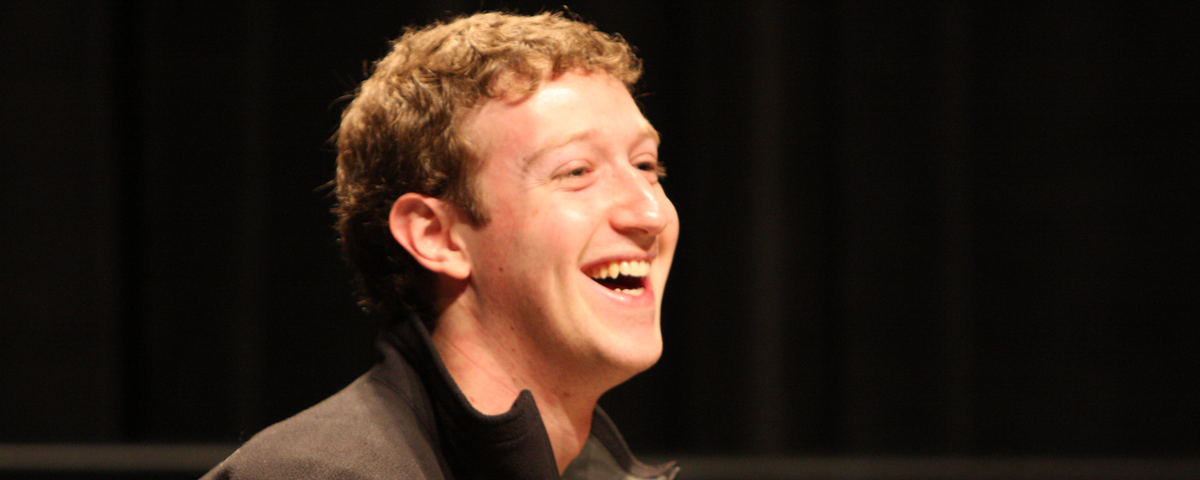




/cdn0.vox-cdn.com/uploads/chorus_asset/file/3698752/ar5-scenarios.png)





